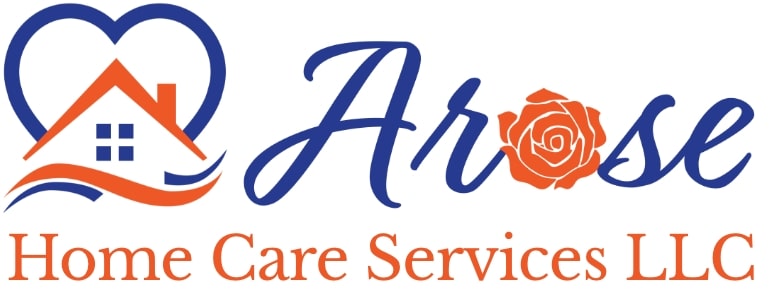Alzheimer’s disease is often one of the most feared conditions an elderly person can develop. People fear the loss of being fully cognitive functioning. When the body fails, there are often medications and assistance a person can receive but the thought of the brain slowly shutting down and not being able to reason or remember can be scary.
Because of that fear, many elderly individuals will not share with their loved ones or even their doctors if they have symptoms that could be linked to Alzheimer’s. They worry about the constraints that may be put on their lives. Still, others don’t recognize that changes are happening. That’s why it’s often up to caregivers and other family and friends to notice when changes in behaviors or actions may be indicating the onset of Alzheimer’s disease.
Four First Steps To Take If You Suspect Alzheimer’s
-
Keep a record of behavior changes.
It may seem like “keeping tabs” on your loved one and in some ways it is. You might feel like your loved one is always forgetting the day of the week, but if you keep track, you may find it’s just occasionally and not worth worrying about. On the flip side, you might find as you keep track of behaviors that your loved one is now always ruining her meals because she can’t follow a recipe. This might indicate that she is losing the ability to follow simple instructions.
-
Do some research.
Learn about Alzheimer’s and the various behaviors that are related to it, as well as what is typical for an aging adult. You might also reach out to a local Alzheimer’s care team to learn more about what to look for in your aging adult. Finally, don’t forget to ask others if they’ve noticed any atypical behaviors in your loved one, including neighbors, friends, and any home care providers who help with daily living.
-
Have the conversation.
Having a heart-to-heart conversation with your aging loved one about your concerns may seem overwhelming and scary. While having the support of other loved ones might be desired, it can seem like an ambush to your loved one if she finds herself surrounded by well-meaning loved ones telling her about what she’s struggling with. If possible, find the best person to have a one-on-one conversation with her or at most, have a team of two approach her.
Keep the conversation non-accusatory. Instead, ask a lot of open-ended questions for her to talk about concerns she might be feeling as well.
Have the conversation sooner rather than later. If it is Alzheimer’s, it will only get more difficult for her person to recognize she’s having issues.
-
Seek help for Alzheimer’s care.
You don’t have to do this alone. Family and friends will provide great emotional support but also remember to get professional help as well such as from an Alzheimer’s home care team. Alzheimer’s care professionals can help your loved one maintain as much independence as possible as the disease progresses. An Alzheimer’s care team will also provide much-needed guidance to you and other family members as new hurdles arrive during the progression of the disease. There are also plenty of other community and national resources that you can levy. Talk to your Alzheimer’s home care team about how to find them.
If you or an aging loved one are considering Alzheimer’s Home Care in Douglasville, GA, please contact the caring staff at Arose Home Care Services LLC today at (404) 720-5385
At Arose Home Care Services, LLC, we provide exceptional medical and non-medical home care for seniors and families in Carrollton, Marietta, Douglasville, Acworth, Fayetteville, Powder Springs, Hiram, Lithia Springs, Stone Mountain, Kennesaw, Atlanta, and the surrounding areas in Georgia.
- 24-Hour Home Care Is There For Your Senior Parent When You Can’t Be - April 17, 2025
- The Social Benefits of Skilled Nursing Care for Seniors Aging in Place - April 3, 2025
- How Companion Care Can Help Your Senior Parent Age In Place - March 18, 2025




